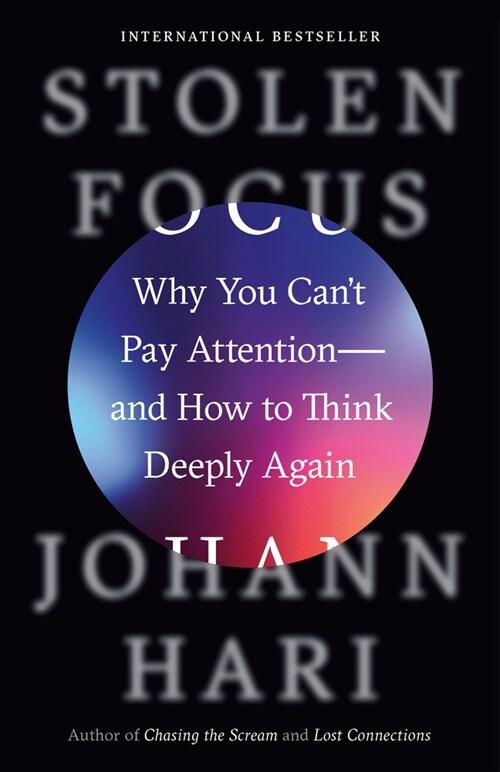책 이미지

책 정보
· 분류 : 외국도서 > 인문/사회 > 철학 > 철학사상 > 현상학
· ISBN : 9789024725779
· 쪽수 : 768쪽
목차
1. The Phenomenological Movement Defined.- 2. Unrelated Phenomenologies.- a. Extra-Philosophical Phenomenologies.- b. Philosophical Phenomenologies.- 3. Preview.- One / The Preparatory Phase.- I. Franz Brentano (1838-1917): Forerunner of the Phenomenological Movement.- 1. Brentano's Place in the History of Phenomenology.- 2. His Purpose: A Scientific Reformation of Philosophy.- 3. A New Psychology as the Foundation for Scientific Philosophy.- 4. A New Type of Empiricism.- 5. Descriptive Psychology versus Genetic Psychology.- 6. A New Type of Experience: Inner Perception versus Introspection.- 7. "Intentionality": The Basic Psychological Phenomenon.- 8. A "Natural" Classification of Psychical Acts.- 9. A Fundamental Law of Psychical Phenomena.- 10. The Awareness of Time.- 11. An Analogue of Self-Evidence as the Basis for Ethical Knowledge.- 12. Brentano's Fight against "Fictitious Entities".- 13. How Far Was Brentano a Representative of "Psychologism"?.- Selective Bibliography.- II. Carl Stumpf (1848-1936): Founder of Experimental Phenomenology.- 1. Stumpf's Place in the History of Phenomenology.- 2. The Role of Phenomenology in His Work.- 3. General Characteristics of His Phenomenology.- a. The Subject Matter of Phenomenology Consists of Primary and Secondary Phenomena.- b. Phenomenology is a Neutral Science or Pre-Science (Vorwissenschaft).- c. Phenomenology is the First of the Neutral Pre-Sciences.- d. Phenomenology is Not an Independent Discipline for Specialists, but Rather the First Layer in the Study of Every Established Science.- e. Phenomenology, while a Descriptive Science, has to be Studied by All Suitable Methods, Including the Experimental One.- 4. Some Concrete Phenomenological Contributions.- a. The Distinction between Dependent and Independent Parts and the Experience of Substance and Attribute.- b. The Experience of Causal Nexus.- c. The Experience of "Feel-Sensations" (Gefuhlsempfindungen).- d. The Discovery of Structural Laws among Empirical Materials Not Based upon Induction.- e. The Discovery of the Sachverhalt.- 5. The Relationship of Stumpf's and Husserl's Phenomenologies.- Excursus: Stumpf's Phenomenology and William James's Psychology.- Selective Bibliography.- Two / The German Phase of the Movement.- III. The Pure Phenomenology of Edmund Husserl (1859-1938).- A. Introductory.- B. Constants in Husserl's Conception of Philosophy.- 1. The Ideal of Rigorous Science.- 2. Philosophic Radicalism.- 3. The Ethos of Radical Autonomy.- 4. The Wonder of All Wonders: Subjectivity.- 5. Husserl's Personality and His Philosophy.- C. Variables in the Development of Husserl's Philosophy.- 1. The Pre-Phenomenological Period.- a. The Critique of Psychologism.- b. The Conception of a Pure Logic.- Excursus: Meinong's Gegenstandstheorie and Husserl's Logic.- 2. The Beginnings of Phenomenology as the Subjective Correlate of Pure Logic.- a. Husserl's Semantics.- b. Husserl's Doctrine of Universals (Essences).- c. The Intentionality of Consciousness.- Excursus: William James's Significance for Husserl's Phenomenology.- d. Phenomenological Intuiting (Anschauung and Wesensschau).- 3. Phenomenology Becomes "First Philosophy".- Excursus: Wilhelm Dilthey and Edmund Husserl.- 4. The Birth of the Phenomenological Movement and the Beginnings of Transcendental Phenomenology.- a. Self-Givenness - Phenomenology and Positivism.- b. Phenomenology of Perception and Self-Evidence.- c. The Phenomenological Reduction.- Excursus: Santayana's Ultimate Scepticism Compared with Husserl's Phenomenological Reduction.- d. The Phenomenological Residue: Ego Cogito Cogitata Mea.- e. Phenomenological Idealism.- Excursus: Husserl and Josiah Royce.- f. Phenomenological Constitution and the Consciousness of Time.- g. Phenomenology and Psychology.- 5. Toward a System of Transcendental Phenomenology.- Intersubjectivity and Transcendental Monadology.- 6. The Last Beginning.- The Idea of the Life-World (Lebenswelt).- D. In Place of an Appraisal.- Postscript
























